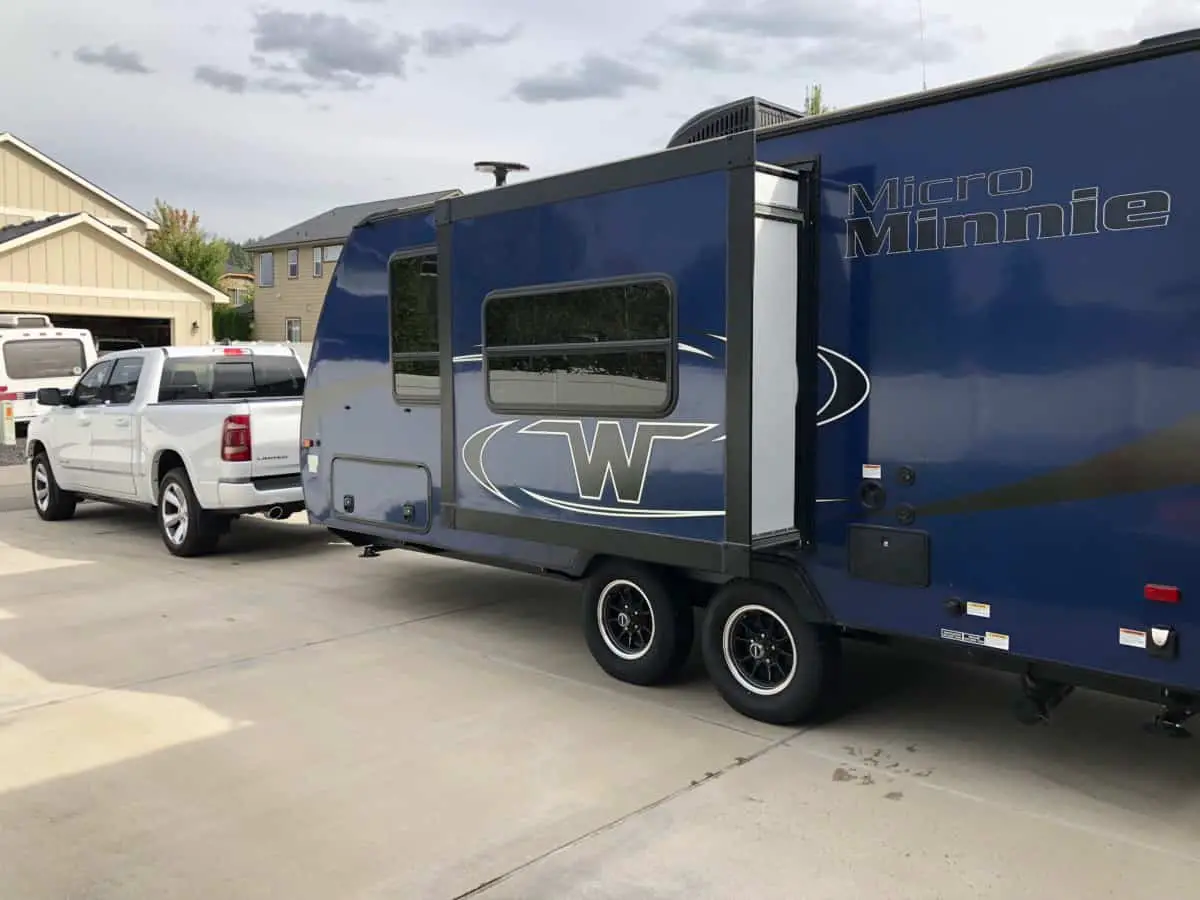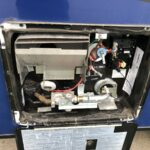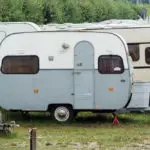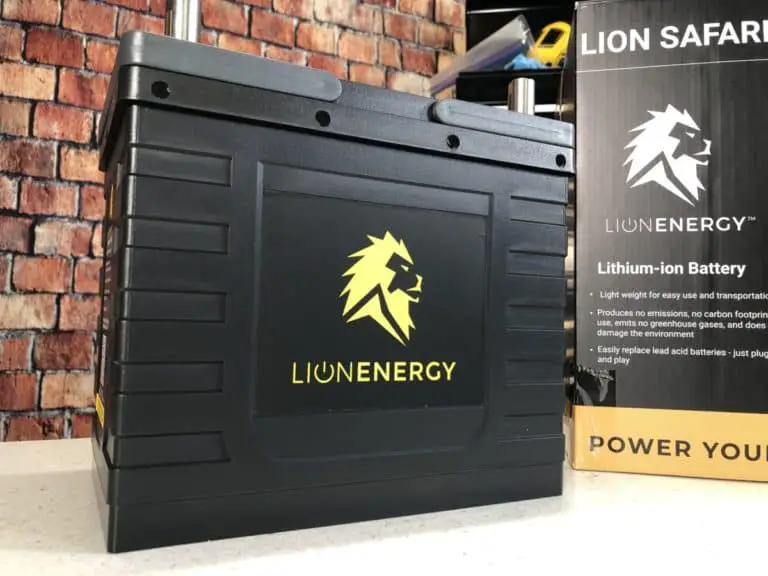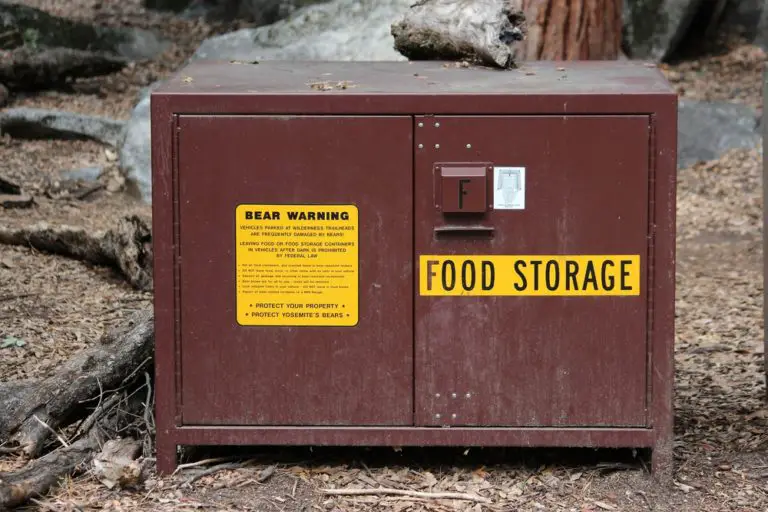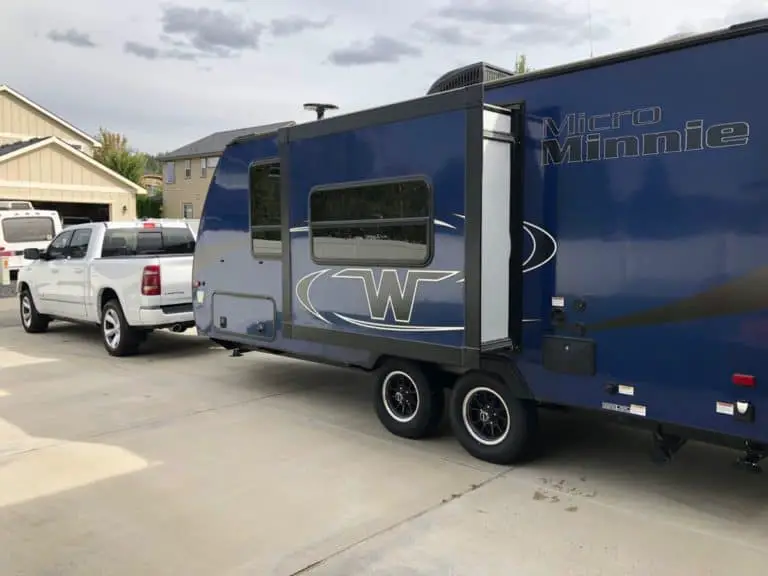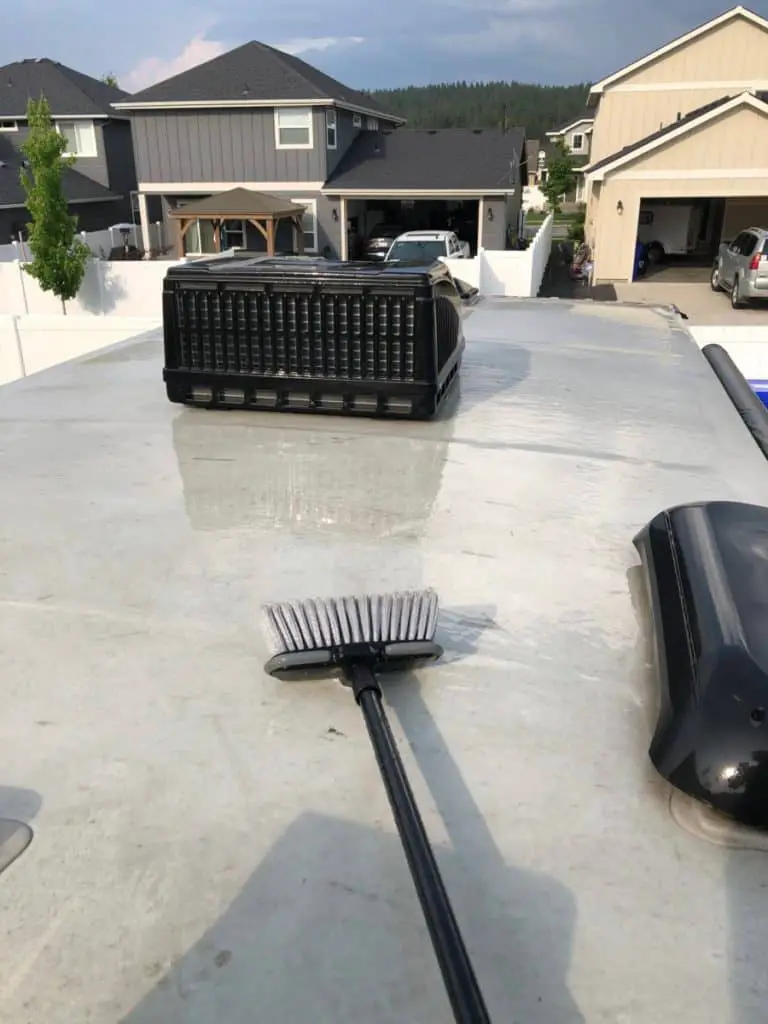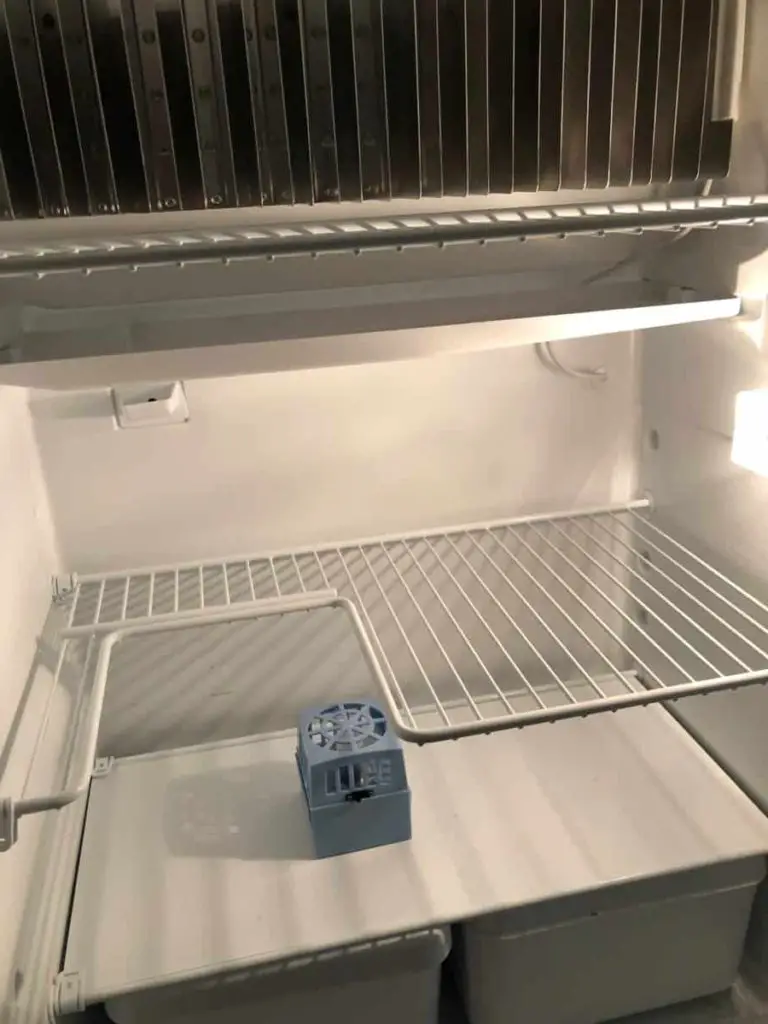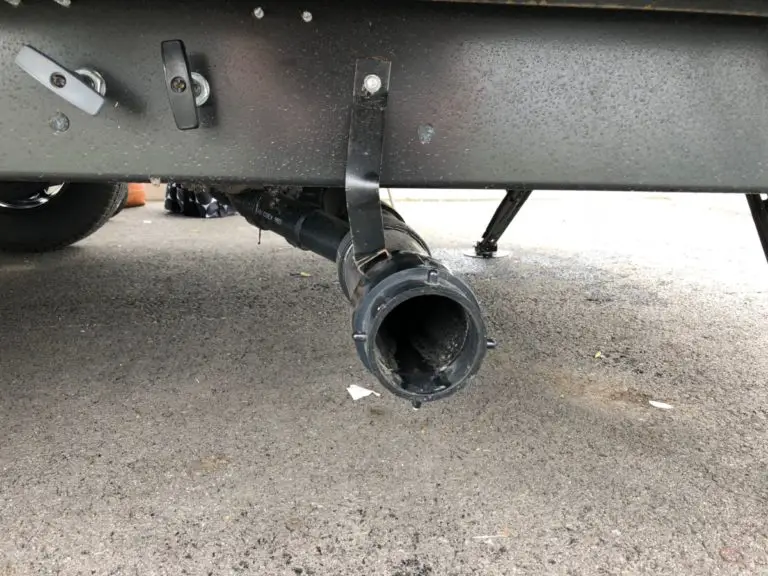When to Winterize a Travel Trailer
If you have ever owned or considered purchasing a travel trailer, you know how costly of an investment it is. Unless you live in a warm climate, you will need to appropriately winterize your travel trailer. If you choose not to winterize your travel trailer, you will likely incur extreme costs in repairs.
When do I winterize a travel trailer? The answer varies depending on the geographic location you live in, as the climate varies by location. The general rule of thumb is to winterize your travel trailer when the temperature is at or below 32 degrees Fahrenheit and will be so for a prolonged period of time.
To ensure the quality and longevity of your investment, winterizing is non-negotiable. Failure to winterize your travel trailer will prove to be a very costly mistake. For a step to step guide on how to winterize, here is our complete guide.
What Happens if I Don’t Winterize my Travel Trailer?
If you choose not to winterize your travel trailer, there are many damages that are likely to occur, such as.
- Broken pipes
- Damaged water pump
- Damaged sink valves and traps
- Damaged toilet valves and traps
- Cracked tanks
- Cracked drain lines
As you can see, there are many things that can go wrong when you fail to winterize your travel trailer properly. All the problems can be repaired, but it will be expensive, and you will lose time with your travel trailer while it’s in the shop. Let me tell you, if you can avoid the RV shop, do so. Typically it takes a month just to get in during camping season and they charge as much as an attorney makes per hour. (just kidding, but almost)
Can I Winterize the Trailer Myself?
Thankfully, winterizing a travel trailer is something that can be done without the assistance of a dealership or trained professional. If you choose to winterize your travel trailer by yourself, it is imperative that you follow the correct steps. We have our complete guide here that anyone can do with a limted tool kit.
The best place to find the protocol for winterizing your travel trailer is going to be in the owner’s manual. In the manual, you will find the necessary steps to take to ensure proper winterization. There are also many travel trailer forums that you can check out for tips and tricks from other travel trailer owners based on your specific model.
How Long Does the Process Take?
The time it takes to winterize your travel trailer is going to depend on several factors; the size of the trailer, your experience and comfort level with the process, the number of people helping, and the availability of resources and tools needed.
If you have the proper tools, the average time it takes to fully winterize a travel trailer is anywhere from 30 minutes to an hour and a half. Like anything, the more times you go through the process, the easier it becomes. Don’t be discouraged if you take well over 2 hours to winterize your travel trailer the first time. Remember there is a learning curve and efficiency will come with experience. The important thing is to complete the job properly and not to forget anything, such as your black water tank flush.
When is the Best Time to Winterize?
As stated earlier, the best time to winterize is when the temperature is at or below freezing. For some locations, this temperature drop will occur in early fall, while other areas won’t see this temperature until closer to winter. To learn more about how long it takes for pipes to freeze, take a peak at our article on the subject here.
To ensure you have your travel trailer winterized before harsh weather strikes, it is a good idea to keep an eye on the weather. When you see the temperatures beginning to dip into the low 40’s it may be time to winterize.
Some people choose to winterize their travel trailer directly after the final use of the year which eliminates the need to track the weather as closely.
Tools / Supplies Needed
When preparing to winterize your travel trailer, you want to make sure you have all the necessary tools on hand. The last thing you want to do is make trips to the store in the middle of the process. Chances are you have a lot of the necessary tools on hand.
- Antifreeze (RV/Travel Trailer Specific)
- Blow Out Adapter
- Air Compressor
- Water Heater Drain Socket
- Wand to Clean Holding Tanks
- Silicone Spray
- Sealer
- Mothballs
- Bug Screens
- Dehumidifier
- Storage Cover
This is quite an extensive list and you may not need all the items. Some items such as the bug screens, mothballs and dehumidifier would be considered optional, but will help to keep your travel trailer pest-free during storage.
Steps to Follow When Winterizing your Travel Trailer
These steps are quite general and may not be applicable to all types of travel trailers. Please be sure to read the owner’s manual carefully before beginning the process to ensure you don’t skip anything.
- The first thing you want to do is bypass and remove any water filters that are present. When closing the travel trailer for the winter you want to make sure the water lines are dry. This is where the air compressor will come in to play as you blow the water out of the lines.
- Drain the water from your tanks. Most tanks are black and gray. Neglecting to drain the water can result in nasty cracks to the tank, which will deem them unusable.
- Drain the water heater and blow out the lines. Again, leaving water in the lines can cause them to freeze and crack.
- Once you have drained the water heater and lines, you will want to bypass it as well.
- Add antifreeze to the travel trailer. This will help ensure no freezing occurs.
Why Do I Need to Bypass the Filters and Water Heater?
It may seem like an added step to bypass an area that has been completely dried out but neglecting to bypass these areas can result in anti-freeze leaking into these components. Thankfully most travel trailers will have a bypass built in, but you may need to purchase the correct parts.
If you need to purchase a bypass kit, you can find several options on Amazon. The average cost of this part is low, and it is relatively easy to install. When looking at the parts, if you are uncertain about which part to get, check your owner’s manual and even reach out to a dealership if needed.
Where Can I Get a Cover?
If you are opting to purchase a cover for your travel trailer you have the option of visiting the dealership, manufacturer, or Amazon. In each of these places, you will be able to find a cover that is a perfect fit for your travel trailer. When purchasing a cover, you will need to have the dimensions of your travel trailer as well as the weight of the cover you are looking for.
The cost of the cover will vary depending on the size as well as the weight, but you can expect to pay between $60.00 and $700.00. If you are looking for a customized cover it will likely be more expensive. For more information about if you should cover your trailer, head over to our guide here.
Where Should I Store the Travel Trailer?
If your travel trailer is properly winterized, you can safely store it outside for the winter if you have the space to do so. It is important to keep in mind the appearance of your travel trailer exterior may diminish with prolonged exposure to extreme elements. Because of this many people opt to cover their travel trailer. Here is a guide to storing your RV at home.
If you live in a location with particularly harsh winters, you may opt to store your travel trailer in a facility that offers protection from the elements. Not all covered spaces are climate controlled so you will still need to winterize your travel trailer to prevent internal damages.
How Much Does Storage Cost?
While renting a dedicated storage space for your travel trailer may be ideal, it can be quite costly. The price will ultimately depend upon your geographic location, but a ballpark average provided by storage.com is:
| Unheated indoor unit | $50 – $125 a month |
| Heated indoor unit | $100 – $450 a month |
Again, these prices are an average. You will likely find the geographic location has an impact on the prices you are going to be paying for storage. In our area, they are on the high side of this chart. This is simply based on the supply and demand premise. If you are in a location with harsh winters, the demand for indoor storage units will likely be greater than in a more temperate climate.
Final Thoughts
A travel trailer is a great investment for you and your family; however, it is important to remember the investment will only last if you take the time and care to maintain it. If you are ever uncertain about the method to winterize your travel trailer it is best to reach out to an expert for help.
Be the first to be notified about FREE tips, hints, coupon codes, and email-exclusive information. All for FREE!

